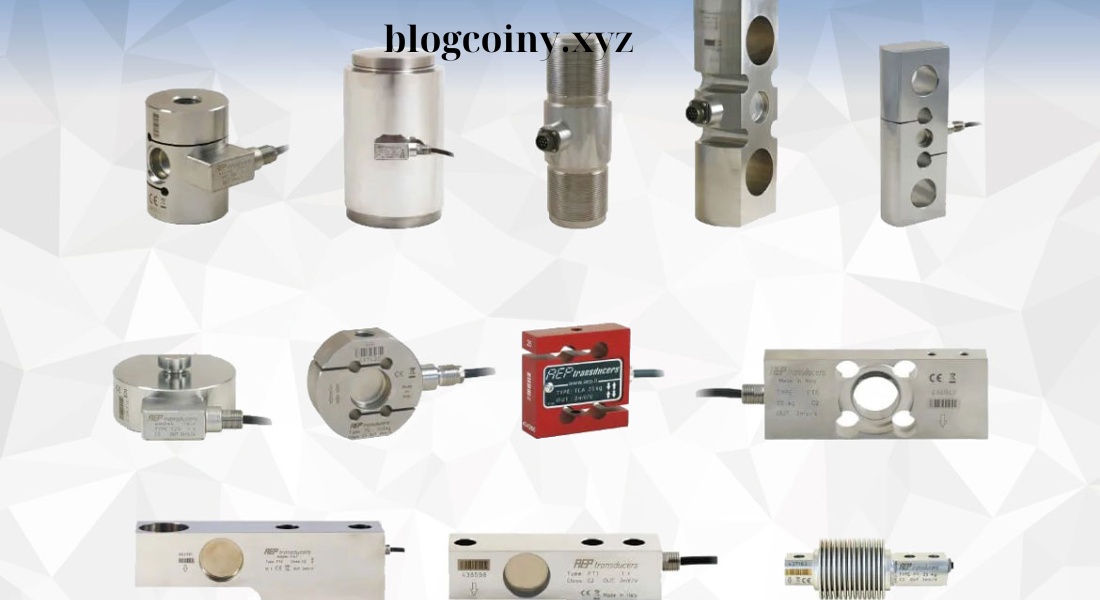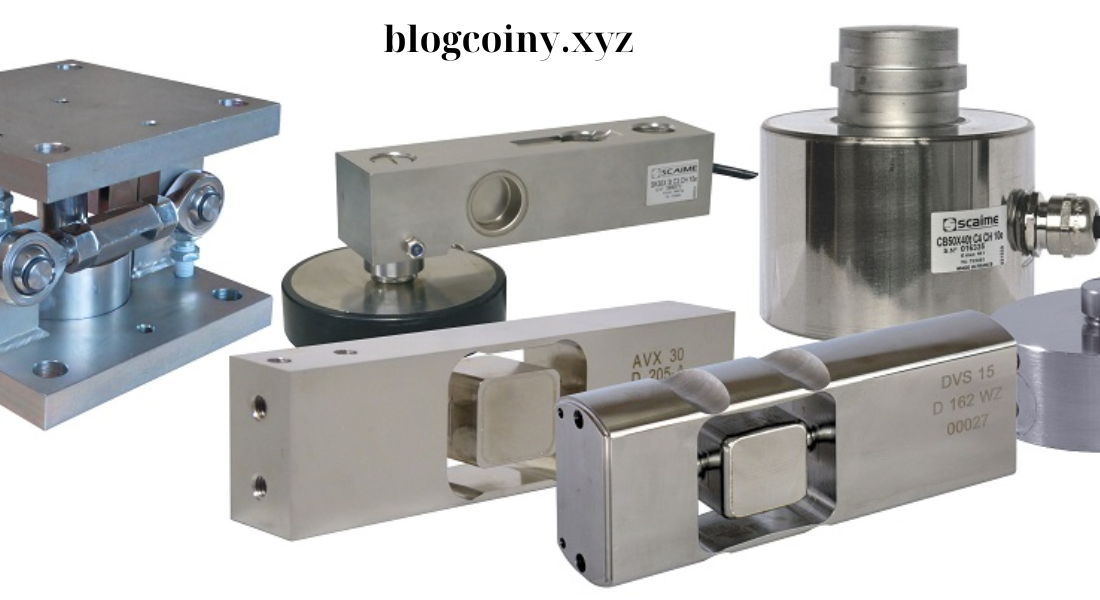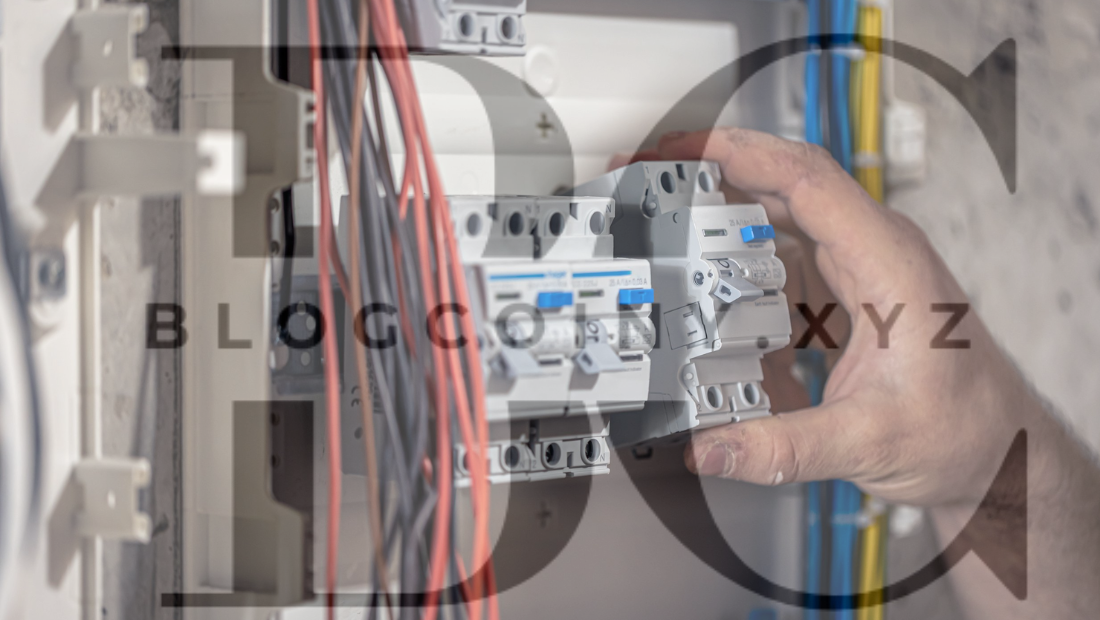Industrial Load Cells are essential components in various industries, providing accurate and reliable weight measurement crucial for manufacturing, logistics, construction, and more. These load cells convert mechanical force into readable electrical signals, allowing industries to monitor, measure, and control force and weight with high precision. From single-point load cells to hydraulic and digital options, Industrial Load Cells are adaptable to a wide range of applications, meeting industry standards and delivering consistent results. This article explores the types, applications, and advantages of Industrial Load Cells, highlighting how they play a critical role in efficiency, safety, and precision across sectors.
1. How Industrial Load Cells Work
Industrial Load Cells operate on the principle of converting force into an electrical signal, allowing machines and systems to monitor and manage weight accurately:
- Basic Working Mechanism: Industrial Load Cells consist of strain gauges attached to a metal component. When force is applied, the metal deforms slightly, and this deformation is measured by the strain gauges.
- Signal Conversion for Accurate Measurement: The change in resistance within the strain gauge produces an electrical signal proportional to the force applied, making it possible to obtain accurate weight or force measurements.
- Importance of Calibration: Calibration is crucial for Industrial Load Cells, ensuring they maintain accuracy and reliability over time and are suitable for critical applications.
- Types of Signals: Industrial Load Cells can output analog or digital signals, with digital load cells providing more precise measurements and easier integration into automated systems.
2. Types of Industrial Load Cells

There are various types of Industrial Load Cells, each designed for specific applications and measurement needs:
- Single-Point Load Cells: Single-point load cells are commonly used in platform scales and small industrial applications, offering accuracy and stability.
- S-Beam Load Cells: S-Beam load cells are known for their flexibility and durability, making them ideal for tension and compression measurements in industrial settings.
- Shear Beam and Double-Ended Shear Beam Load Cells: These load cells are used for high-capacity applications, including large-scale weighing systems and heavy-duty manufacturing.
- Hydraulic Load Cells: Hydraulic load cells operate without electricity, making them suitable for environments where electronic components may fail or pose a hazard.
- Digital Load Cells: Digital load cells provide high-resolution data and are easily integrated with digital systems, offering a modern solution for real-time monitoring and data logging.
3. Applications of Industrial Load Cells
Industrial Load Cells are used across various industries, from manufacturing to logistics, due to their accuracy and durability:
- Manufacturing and Assembly Lines: Industrial Load Cells monitor force and weight on assembly lines, ensuring quality control and precise material handling in manufacturing processes.
- Construction and Heavy Equipment: Load cells are essential in the construction industry, helping to monitor the weight of heavy materials and loads, which is crucial for safety and compliance.
- Transportation and Logistics: Industrial Load Cells are used in truck scales, cargo management, and inventory control, optimizing transportation processes and ensuring accurate weight measurements.
- Aerospace and Automotive Testing: In aerospace and automotive industries, load cells test material strength and structural integrity, ensuring safety and reliability.
- Agriculture and Food Processing: Industrial Load Cells measure ingredients and products in food processing, contributing to accuracy in production and maintaining quality standards.
4. Advantages of Using Industrial Load Cells
The use of Industrial Load Cells offers numerous benefits in terms of accuracy, safety, and productivity:
- High Accuracy and Precision: Industrial Load Cells provide consistent and accurate measurements, which is essential for quality control in manufacturing and other applications.
- Real-Time Monitoring for Efficiency: With digital load cells, real-time data enables quick adjustments, reducing downtime and increasing overall productivity.
- Enhanced Safety and Compliance: Load cells help monitor and control weight limits, preventing overloading and ensuring compliance with industry safety standards.
- Durability in Harsh Environments: Designed to withstand extreme conditions, Industrial Load Cells are made with robust materials to endure high temperatures, heavy loads, and corrosive environments.
- Versatility Across Applications: Industrial Load Cells are adaptable to a variety of applications, from small-scale measurements to large-capacity loads, making them versatile and cost-effective.
5. Choosing the Right Industrial Load Cell for Your Needs
Selecting the right Industrial Load Cell involves considering several factors to ensure compatibility and performance:
- Capacity and Load Range: Determine the maximum weight the load cell will need to measure, and choose a cell with an appropriate capacity range to ensure accuracy and durability.
- Type of Load Cell for Application: Different applications require different load cell types, such as S-Beam for tension and compression, or shear beam for high-capacity loads.
- Environmental Conditions: For harsh or hazardous environments, choose load cells with protection features such as waterproofing, corrosion resistance, and explosion-proof ratings.
- Signal Output Requirements: Consider whether an analog or digital output is more suitable based on the existing system, with digital outputs offering higher precision and integration with automated processes.
- Budget and Maintenance Needs: Evaluate the budget, considering factors like initial cost, calibration, and maintenance to choose a cost-effective and reliable solution.
6. Maintenance and Calibration of Industrial Load Cells
Regular maintenance and calibration of Industrial Load Cells are essential for long-term accuracy and performance:
- Importance of Routine Calibration: Calibration maintains the accuracy of load cells over time, especially important in applications where precision is critical for safety and compliance.
- Inspecting for Wear and Tear: Regular inspection helps identify potential damage from frequent use or harsh conditions, allowing for timely repairs or replacement.
- Cleaning and Protection: Clean load cells to remove dust, debris, and contaminants that can affect performance, and ensure they are shielded from environmental factors.
- Testing and Certification: Periodic testing and certification help maintain compliance with industry standards and ensure the load cells perform optimally.
7. Popular Models and Brands of Industrial Load Cells
Several brands offer reliable Industrial Load Cells, each known for quality and performance in various industrial applications:
- Honeywell: Known for a wide range of load cells, Honeywell offers options for both high-capacity and precision applications, with models suited for harsh environments.
- Rice Lake: Rice Lake provides high-performance load cells, including digital models, suitable for a variety of industrial and commercial applications.
- Mettler Toledo: Mettler Toledo’s load cells are widely used in food processing, manufacturing, and logistics, offering robust designs and reliable accuracy.
- Flintec: Flintec load cells are popular in weighing and force measurement applications, known for their durability and precision.
- Interface: Interface offers a broad selection of load cells, including low-profile and miniature options, ideal for specialized industrial applications.
Conclusion
Industrial Load Cells are indispensable tools for industries that rely on precise weight and force measurements, contributing to accuracy, safety, and productivity. With a range of types suited to different applications, from manufacturing to logistics, these load cells deliver reliable results and integrate seamlessly into modern industrial systems. By selecting the right load cell, ensuring regular maintenance, and integrating real-time monitoring, industries can achieve enhanced operational efficiency and meet regulatory standards. Explore the various options available in Industrial Load Cells to find the perfect fit for your industrial needs and elevate your measurement capabilities.











Leave a Reply